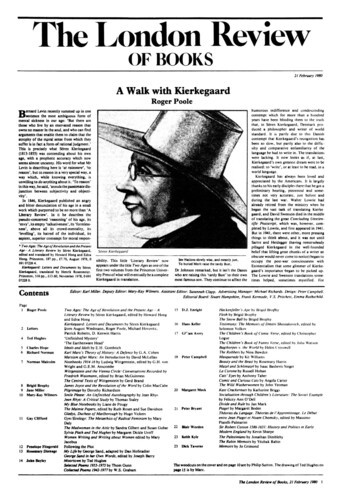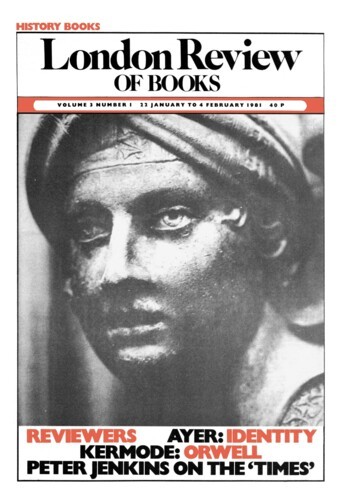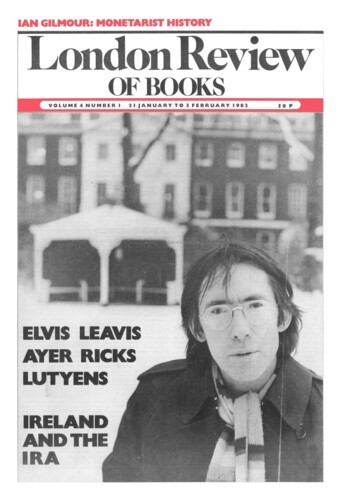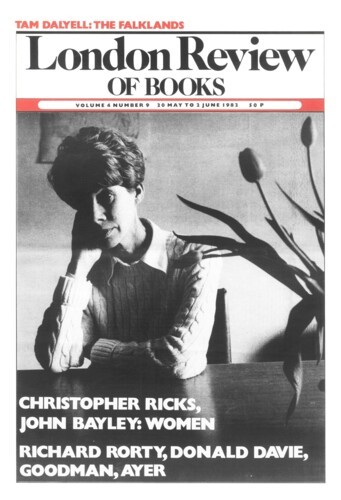Unmatched Antiquary
Blair Worden, 21 February 1980
In the early 17th century, more perhaps than in any period of our history, political argument was argument about the past: about precedents and about pedigrees. Sir Robert Cotton, an antiquary in politics, is a perfect focus for a study of the connections between antiquarian research and political conflict. History, an anchor in the choppy seas of political and social change, became to monarchs and parliaments alike the arbiter of controversy: Cotton, as Mr Sharpe shows, became to monarchs and parliaments alike the arbiter of controversial historical evidence. A distinguished 18th-century antiquary recalled without exaggeration that Cotton had been ‘consulted as an oracle by the privy councillors and greatest men in the kingdom upon every difficult point relating to the constitution’. Cotton’s friend Sir Simonds D’Ewes called him ‘that unmatched antiquary’, ‘the famous antiquary of Europe’.




